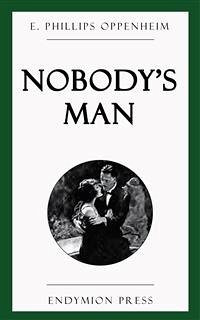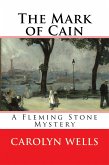Andrew Tallente is a middle aged politician whose once bright career has been stymied by jealousy within his own party and by the opposition Democrat/Labour Coalition running against himm. Defeated and unseated he loses his promised cabinet post. He retires to his small farm on the coast of Devon where he discovers his personal secretary has been having an affair with his wife. There he meets Lady Jane Partington, a progressive landowner and strong willed modern woman.
Tallente is recruited to the democratic cause by the charismatic Dartrey, the leading socialist thinker. He meets the free-thinking (in 1920 terms) M who arouses emotions which he has long suppresssed. Meanwhile, the crude and underhanded Miller plots against Tallent with blackmail and intrigue.
Much is made in this novel of the benefits of radical socialism. Given the mess created by governments after the War, the benefits of a centrally planned economy and dictatorial rule were attractive. What truly led Britain to maintain democracy while Germany turned towards National Socialism? This novel offers no analysis, but a contemporaneous recording of the social dialogue that influenced the various social and political classes at the time.
Oppenheim was staunchly conservative and pro-aristocracy in almost all of his writings. This democratic diversion is highly entertaining. In particular his descriptions of the emotional content of conversation are fascinating.
Tallente is recruited to the democratic cause by the charismatic Dartrey, the leading socialist thinker. He meets the free-thinking (in 1920 terms) M who arouses emotions which he has long suppresssed. Meanwhile, the crude and underhanded Miller plots against Tallent with blackmail and intrigue.
Much is made in this novel of the benefits of radical socialism. Given the mess created by governments after the War, the benefits of a centrally planned economy and dictatorial rule were attractive. What truly led Britain to maintain democracy while Germany turned towards National Socialism? This novel offers no analysis, but a contemporaneous recording of the social dialogue that influenced the various social and political classes at the time.
Oppenheim was staunchly conservative and pro-aristocracy in almost all of his writings. This democratic diversion is highly entertaining. In particular his descriptions of the emotional content of conversation are fascinating.









